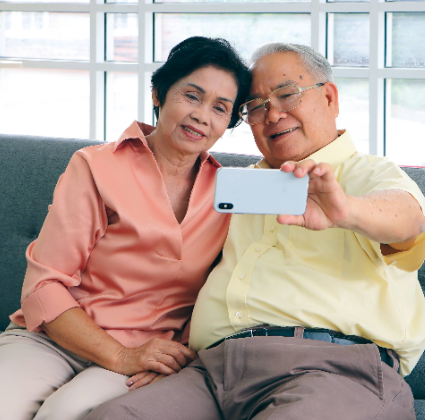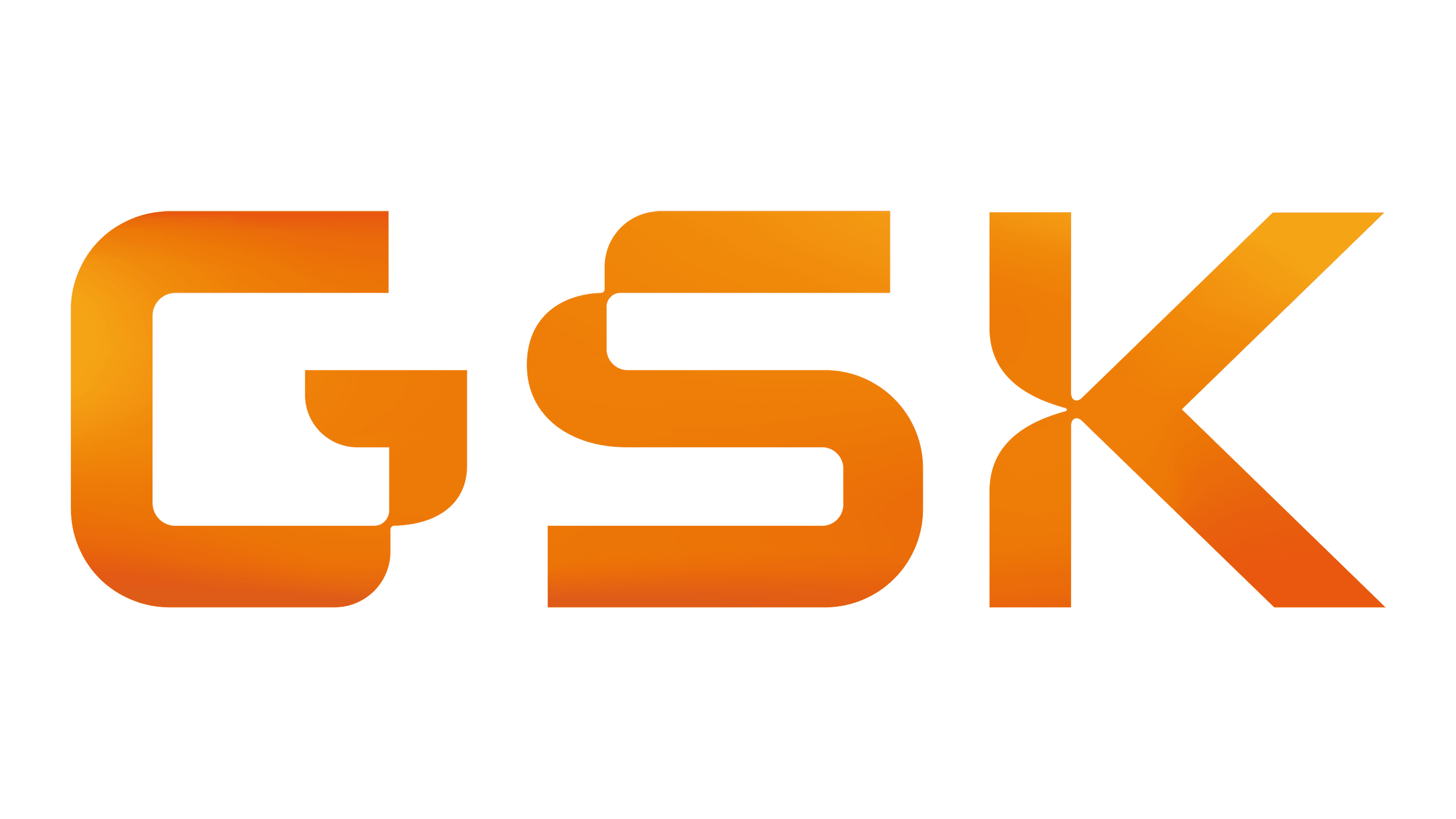The DREAMM-10 Study is testing how safe and effective an antibody-based drug, belantamab mafodotin is when taken along with 2 standard treatments: lenalidomide (also known as Revlimid®) and dexamethasone.
This three-drug treatment is for people who were recently diagnosed with multiple myeloma (MM) and who cannot have high dose chemo (meaning the risks outweigh the benefits).
All participants will receive lenalidomide and dexamethasone. Half of the participants will receive these two drugs with belantamab mafodotin – the “study drug” in the “study arm.” The other half of the participants will receive lenalidomide and dexamethasone with an already approved drug called daratumumab. This is the “control arm” of the study because it is the drug combination that the study arm is being compared to.
Participants will be divided up into two random groups, or “arms.” Random means that you have a 50/50 chance of being in one group or the other, much like tossing a coin.
Study Arm (BRd)
belantamab mafodotin
+
RevlimidⓇ
+
dexamethasone
VS
Control Arm (DRd)
daratumumab
+
RevlimidⓇ
+
dexamethasone
The study drug, belantamab mafodotin, is a type of drug called an anti-body drug conjugate (ADC), or antibody-drug combination. Belantamab mafodotin consists of two parts that are combined (or “conjugated”).
- Belantamab, is a targeted immunotherapy works in unique ways to both detect and attack myeloma cells.
- Mafodotin, is an anti-cancer drug (the drug “payload” carried by the antibody) which causes myeloma cells to be destroyed.
Belantamab mafodotin targets a protein called BCMA, which is found primarily on the surface of myeloma cells. The BCMA is like a flag that tells the antibody where to go. Belantamab mafodotin targets BCMA to find and destroy myeloma cells and activates the body’s immune system.
Please talk to a study team member to learn more about the DREAMM-10 Study.

Clinicaltrials.gov ID: NCT06679101
EU CT Number: 2024-516030-35
You may or may not directly benefit from taking part, but your participation will help advance knowledge about treating MM, which could help other people. If you decide to take part, you may receive:
- The study drug or control drug—plus standard chemotherapy
- Close medical care and follow-up throughout the study
- Reimbursement for reasonable study-related expenses (travel and meals)

You may be able to join if you:
- Are at least 18 years old
- Recently learned you have multiple myeloma (MM)
- Are unable to receive high dose chemotherapy
- Have not received other treatments for your multiple myeloma
After screening to check if the DREAMM-10 Study is a good fit for them, participants will be randomly (as if by the flip of a coin) placed in 1 of 2 treatment “arms” (groups), each with a different treatment combination:
- Treatment arm A (50% chance): The study drug, along with lenalidomide and dexamethasone
- Treatment arm B (50% chance): The control drug, along with lenalidomide and dexamethasone
How the drugs are given:
- Belantamab mafodotin (B) is delivered via an IV infusion (through a vein). It usually takes 30 minutes for this process at your doctor’s clinic
- Daratumamab (D) is given through a subcutaneous injection (needle below the skin) at your doctor’s office
- Lenalidomide (R) is a capsule (pill), taken orally at home
- Dexamethasone (d) is a tablet (pill) taken orally at home
Depending on which arm you are in, treatment will include either
- BRd – IV infusion + two pills
- DRd – Subcutaneous injection plus two pills
Treatments are taken over a period of time or “cycles.” That will be described to you by your physician. Cycles are used to spell out how often a treatment is taken, along with a period of rest afterward. Participants will stay on treatment cycles unless either the cancer gets worse, they have unwanted side effects, or they decide to leave the study.
If you qualify and take part in the DREAMM-10 Study, this will include:
- Screening: Up to 28 days
- Treatment period: Ongoing, depending on response to treatment
- Follow-up: Up to 5 years
Please select the study center that is most convenient for you.

A clinical research study (also called a trial) is carefully supervised research that is done before an investigational drug can be made available to the public. The results help researchers and government officials decide if a drug works, is safe, and should be available to patients. Studies are the only way to bring about new treatments to improve patient care.
Frequently asked questions (FAQs)
The DREAMM-10 Study is testing how effective and safe belantamab mafodotin (study drug) may be in treating newly diagnosed multiple myeloma (MM) when taken along with 2 standard medications, lenalidomide and dexamethasone. The DREAMM-10 Study is for patients who cannot receive high-dose chemotherapy due to a health condition or other circumstance that prevents it.
About 520 adults with MM will take part in the DREAMM-10 Study.
There is no cost to take part in the DREAMM-10 Study. If you qualify and take part, you will receive:
- The study drug or the already approved drug being used for comparison, both along with 2 standard medications already approved to treat MM
- Close medical care and follow-up throughout the study
- Reimbursement for some study-related expenses. Discuss this with the doctors overseeing the study for details.
During a clinical study, you’ll receive the medication that is being studied (the “study drug”) or one being used for comparison (the “control drug”). Administration of the drug will be done at scheduled times throughout the study, depending on the medication. In both arms of the trial, you will also take 2 pills. The clinical study team will be closely checking and keeping track of your health and may also do the following: checking vital signs (temperature, blood pressure, breathing rate, pulse), taking blood samples to test and analyze how your body is responding to the drugs, physical exams, questionnaires about how you are feeling on treatment or other types of tests that are needed to gather information about the study drug.
In the DREAMM-10 Study, you might not receive the study medication but instead receive one being used for comparison (the control drug). This is a medication that is already approved for treatment of MM and is used to compare the effects of the study drug. In addition, all qualified participants will take 2 other approved MM treatments by mouth at home. All study volunteers are always closely watched by clinic staff and the medical team to ensure their safety.
Taking part in any clinical study is completely voluntary. Your decision to join or not join will have no effect on the usual medical care that you receive now or in the future. If you qualify and choose to join the study, you may leave at any time, and for any reason.
GSK will reimburse all study participants for study-related travel and expenses. For more information, please speak with a member of the study team during your study visits.
There are many reasons to join a clinical study. Taking part gives you the chance to play a more proactive role in your own health by trying a possible different treatment approach for your condition. Participants also play an important part in bringing much-needed drugs to the public, benefiting other people who have the same condition. Many people who participate in clinical trials say that helping advance research can be very empowering and even life changing.
Every clinical study must be reviewed and continually checked by a review committee to ensure the risks are as low as possible and do not outweigh potential benefits to study participants. Participants are volunteers and have the right to leave the study at any time and for any reason, with no penalty or loss of benefits that are otherwise owed to you.
GSK is responsible for doing this clinical study.
